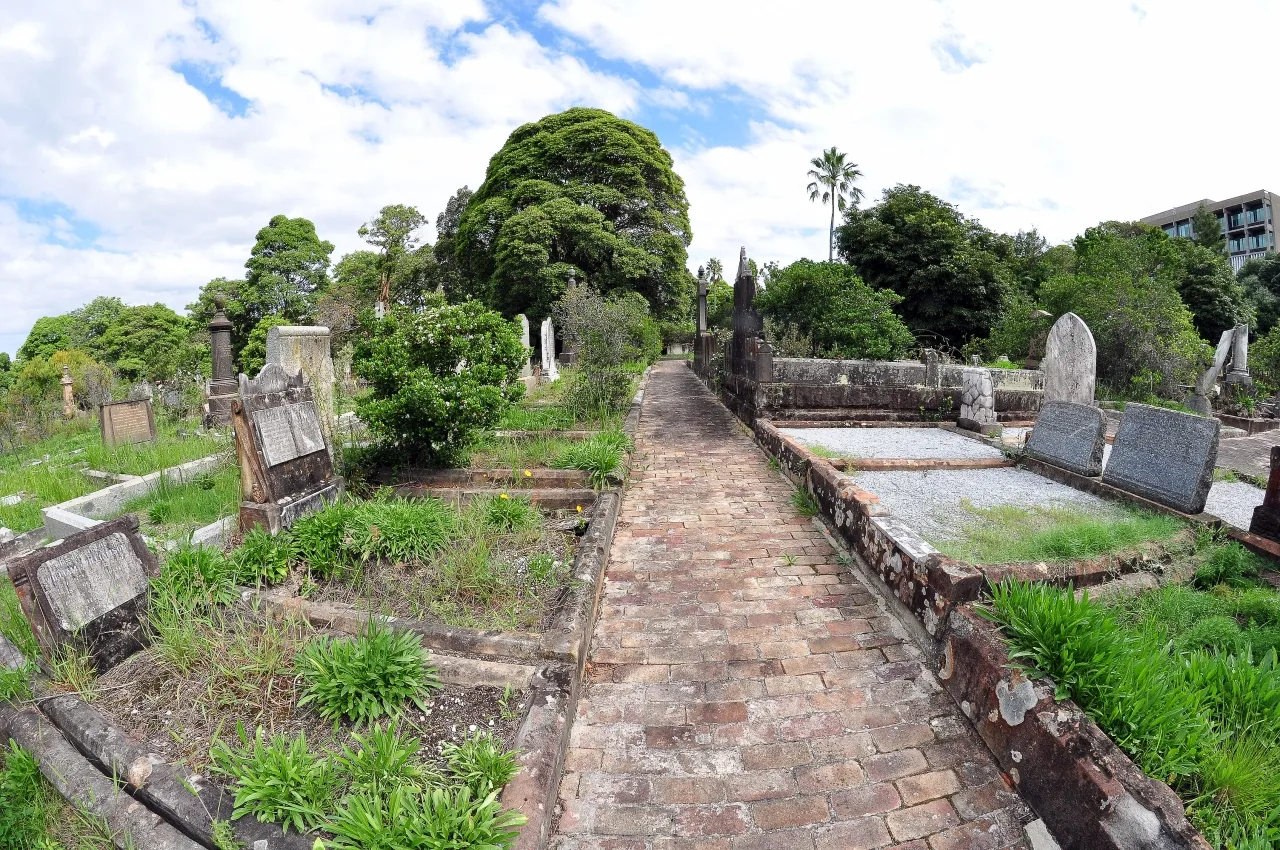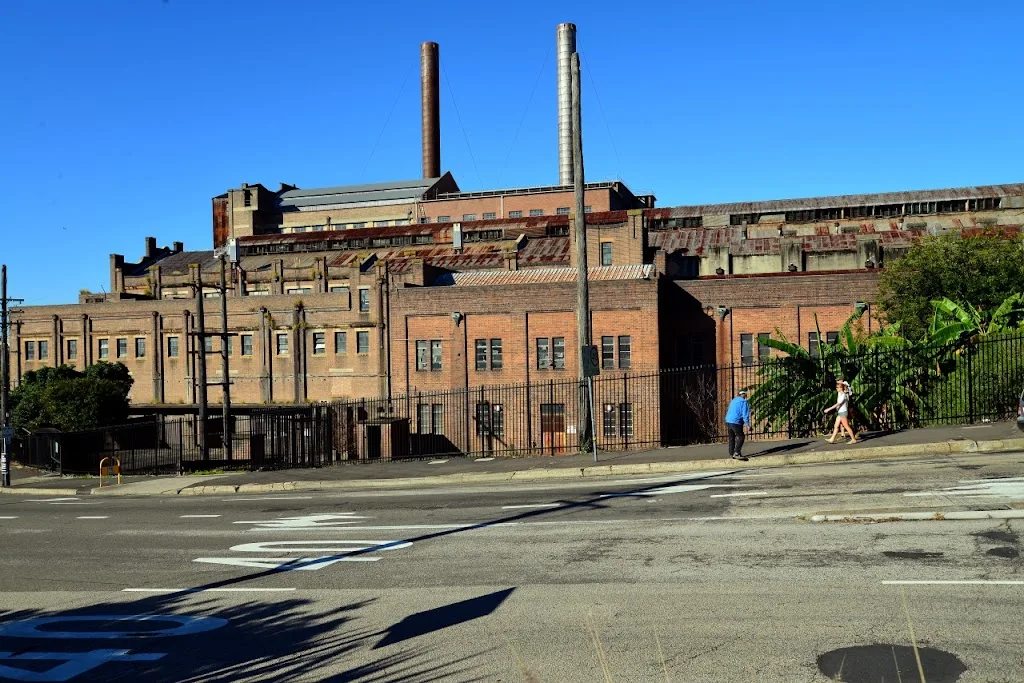Why Is Saving History Important?
Introduction
History is not merely a chronicle of events; it’s a mirror reflecting our past, shaping our present, and guiding our future. In this comprehensive article, we explore the multifaceted significance of preserving history and its impact on our lives.
The Significance of Historical Preservation
Learning from the Past: History serves as a repository of wisdom. By studying historical moments—both triumphs and tragedies—we gain insights into human behavior, societal dynamics, and the consequences of our choices. These lessons empower us to make informed decisions today.
Cultural Heritage: Our cultural heritage is a vibrant tapestry woven by generations before us. Art, literature, music, and traditions encapsulate our collective creativity and resilience. Preserving historical artifacts, manuscripts, and oral narratives ensures that our cultural legacy endures.
Identity and Belonging: Knowing our history provides a sense of identity and belonging. Whether tracing our family lineage or understanding national narratives, historical context shapes our worldview. It fosters continuity and a shared sense of purpose.
Avoiding Repetition: The adage “history repeats itself” underscores the importance of learning from past missteps. By safeguarding historical records, we prevent the recurrence of mistakes, conflicts, and injustices.
Challenges in Historical Preservation
Digital Age Challenges: In an era dominated by digital information, preserving history faces unique hurdles. Digital records are vulnerable to data corruption, format obsolescence, and cyber threats. Institutions must adapt to safeguard digital artifacts effectively.
Resource Constraints: Historical preservation demands funding, skilled professionals, and infrastructure. Many historical sites and archives struggle due to limited resources. Advocacy and public support are crucial.
Selective Memory: History can be subjective. Some events are intentionally omitted or distorted. Balancing diverse perspectives while maintaining accuracy is an ongoing challenge.
Preserving Our History
Preserving history is akin to tending to a delicate tapestry—a delicate balance between safeguarding the past and embracing the future. In this exploration, we delve into the profound significance of cultural heritage preservation, the challenges it faces, and its impact on civilization and individual identity.
The Past Isn’t Really Past
Historic preservation extends beyond mere buildings and monuments; it encapsulates our stories, customs, and perspectives. It’s about safeguarding our collective identity—the threads that weave us together across time. As Winston Churchill wisely said, “A nation that forgets its past has no future.” But why is preserving history so crucial?
Preserving Identity and Diversity
Cultural Heritage: Cultural heritage isn’t just about artifacts; it’s about protecting the essence of communities worldwide. Each heritage site, tradition, and artifact tells a unique story—of creators, customs, beliefs, and ways of life. By preserving these treasures, we ensure that future generations connect with their roots, celebrate diversity, and appreciate the richness of human experience.
Identity: Our history shapes our identity. It’s the mirror reflecting who we are, where we come from, and where we’re headed. When we preserve our past, we honor the struggles, triumphs, and shared experiences that define us.
Challenges and Paradoxes
The Impossible Ideal: While we strive to preserve history, it’s impossible to capture every nuance. Some stories remain untold, artifacts decay, and memories fade. The ephemeral nature of time defies complete preservation.
Selective Preservation: Choices must be made. What do we keep? What do we let go? Preservation isn’t just about saving—it’s about curating. We can’t preserve everything, but we can prioritize what matters most.
Changing Perspectives: Our understanding of history evolves. What was once celebrated may now be questioned. Balancing reverence for tradition with critical examination is essential.
What History Means To All Age Groups
- Children (Ages 5-12)
For children, history is like a captivating storybook. It introduces them to fascinating characters, ancient civilizations, and epic adventures. History sparks curiosity, encourages imagination, and helps them understand how the world has evolved. Whether it’s learning about dinosaurs, ancient Egypt, or space exploration, history ignites their wonder and lays the foundation for lifelong learning. - Adolescents (Ages 13-19)
Teenagers often view history through the lens of identity and rebellion. They seek answers to questions like: Who am I? Where do I come from? History becomes a mirror reflecting their own struggles, triumphs, and societal changes. Learning about revolutions, civil rights movements, and influential figures empowers them to shape their own narratives. Adolescents also grapple with the complexities of historical context, questioning norms and seeking justice. - Young Adults (Ages 20-35)
For young adults, history transitions from textbooks to lived experiences. They recognize that they are part of an ongoing story. Historical events—both global and personal—shape their choices. They appreciate the sacrifices of previous generations and strive to create a better future. Whether studying wars, technological advancements, or cultural shifts, young adults seek relevance and meaning in history. It informs their career paths, relationships, and civic engagement. - Middle-Aged Adults (Ages 36-55)
Middle-aged adults find solace in history’s continuity. They witness cycles—economic booms and recessions, political upheavals, and generational shifts. History provides context for their own challenges and achievements. They appreciate the wisdom of tradition while adapting to modernity. Whether exploring family genealogy or reading historical novels, middle-aged adults seek connection—to their roots, their ancestors, and the broader human story. - Seniors (Ages 56 and Above)
Seniors cherish history as a treasure chest of memories. They’ve lived through decades of change—the Cold War, moon landings, social revolutions, and medical breakthroughs. History reminds them of resilience, love, loss, and resilience again. Seniors pass down oral histories, preserving family anecdotes and cultural traditions. They find comfort in continuity, knowing that their experiences contribute to the grand tapestry of humanity.
Conclusion
History isn’t confined to textbooks; it lives within us. As stewards of our past, let’s cherish and safeguard it for generations to come. By doing so, we enrich our present and empower our future.
History transcends age; it binds us across time. Whether we’re wide-eyed children or seasoned elders, it enriches our understanding, fuels our passions, and reminds us that we’re part of an intricate narrative. So, let’s honor history—our shared legacy—and continue adding chapters to this remarkable saga.
Join the Discussion
What are your thoughts on historical preservation? How can we ensure that history remains relevant and accessible? Share your insights in the comments below & also check out our video channel!



